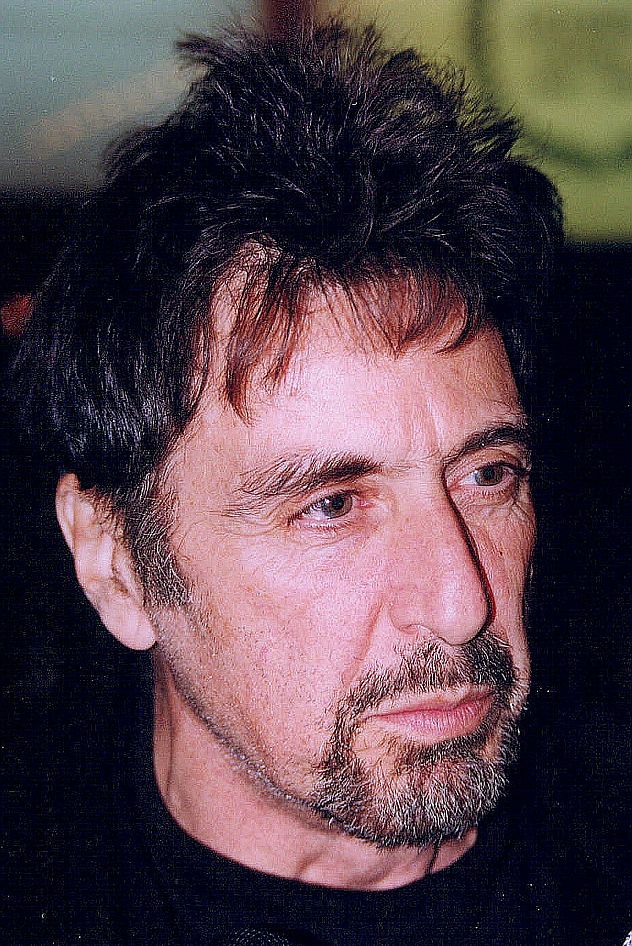









Al Pacino: A Deep Dive into the Life and Career of a Cinematic Legend
Al Pacino, an iconic figure in the film industry, has captivated audiences for over five decades with his intense performances and profound character portrayals. This article explores various facets of his life, career milestones, and contributions to the arts, including his recent ventures and ongoing influence in cinema.
Early Life and Background
- Birth and Family: Born on April 25, 1940, in East Harlem, New York City, Al Pacino was raised in a modest household. His parents, Italian immigrants, instilled in him a strong work ethic and a passion for the arts.
- Education: Pacino attended the High School of Performing Arts and later went on to study at the Actors Studio under the guidance of Lee Strasberg, where he honed his craft in method acting.
Rise to Fame
- Theater Beginnings: Before making his mark in film, Pacino garnered critical acclaim on stage. His performance in the 1969 production of "The Indian Wants the Bronx" earned him an Obie Award, showcasing his talent early on.
- Breakthrough Role: Pacino's breakthrough came with Francis Ford Coppola's "The Godfather" (1972). His portrayal of Michael Corleone redefined the gangster genre and earned him his first Academy Award nomination.
Iconic Roles and Films
- The Godfather Trilogy: Pacino's evolution from a reluctant heir to a ruthless mafia boss in "The Godfather" trilogy is one of cinema's most compelling arcs. His performances in "The Godfather Part II" (1974) and "The Godfather Part III" (1990) solidified his status as a leading man.
- Scarface (1983): In Brian De Palma's "Scarface," Pacino delivered a memorable performance as Tony Montana, a Cuban immigrant who rises to power in the drug trade. This role became iconic and has influenced countless other films and pop culture references.
- Other Notable Films: His filmography includes classics like "Dog Day Afternoon" (1975), "Serpico" (1973), "Scent of a Woman" (1992), and "Heat" (1995). Each role demonstrates his versatility and ability to inhabit complex characters.
Awards and Recognition
- Academy Awards: Pacino received his first Oscar for Best Actor for "Scent of a Woman" in 1993. He has been nominated several times throughout his career, reflecting his enduring talent.
- Tony Awards: In addition to his film accolades, Pacino has won two Tony Awards, showcasing his prowess on stage. His performance in "The Basic Training of Pavlo Hummel" earned him one of these prestigious awards.
Personal Life
- Relationships: Pacino's personal life has been as dramatic as his film roles. He has had high-profile relationships with actresses such as Diane Keaton and Beverly D'Angelo and has three children from different relationships.
- Philanthropy: Beyond acting, Pacino is known for his philanthropic efforts, supporting various causes, including arts education and cancer research.
Recent Projects
- New Works: In recent years, Pacino has continued to take on challenging roles, appearing in films like "Once Upon a Time in Hollywood" (2019) and the acclaimed series "Hunters" on Amazon Prime Video.
- Upcoming Projects: As of 2025, he is reportedly attached to several new projects, including a potential revival of classics and collaborations with younger filmmakers, indicating his desire to remain relevant in the evolving landscape of cinema.
Legacy and Influence
- Cultural Impact: Al Pacino's influence extends beyond his filmography. He has inspired a new generation of actors and filmmakers, becoming a benchmark for performance excellence.
- Masterclasses: Pacino has engaged in teaching and mentoring aspiring actors, sharing his insights and experiences, which emphasizes his commitment to the craft.
Conclusion
Al Pacino remains a towering figure in the world of acting, with a career that spans several decades and continues to evolve. His ability to adapt to different roles and mediums exemplifies his talent and dedication. As he moves forward, audiences can expect more from this cinematic legend, whose passion for storytelling and performance shows no signs of waning. The journey of Al Pacino is not just a chronicle of a man’s career but a testament to the enduring power of film and theater in shaping culture and society.
